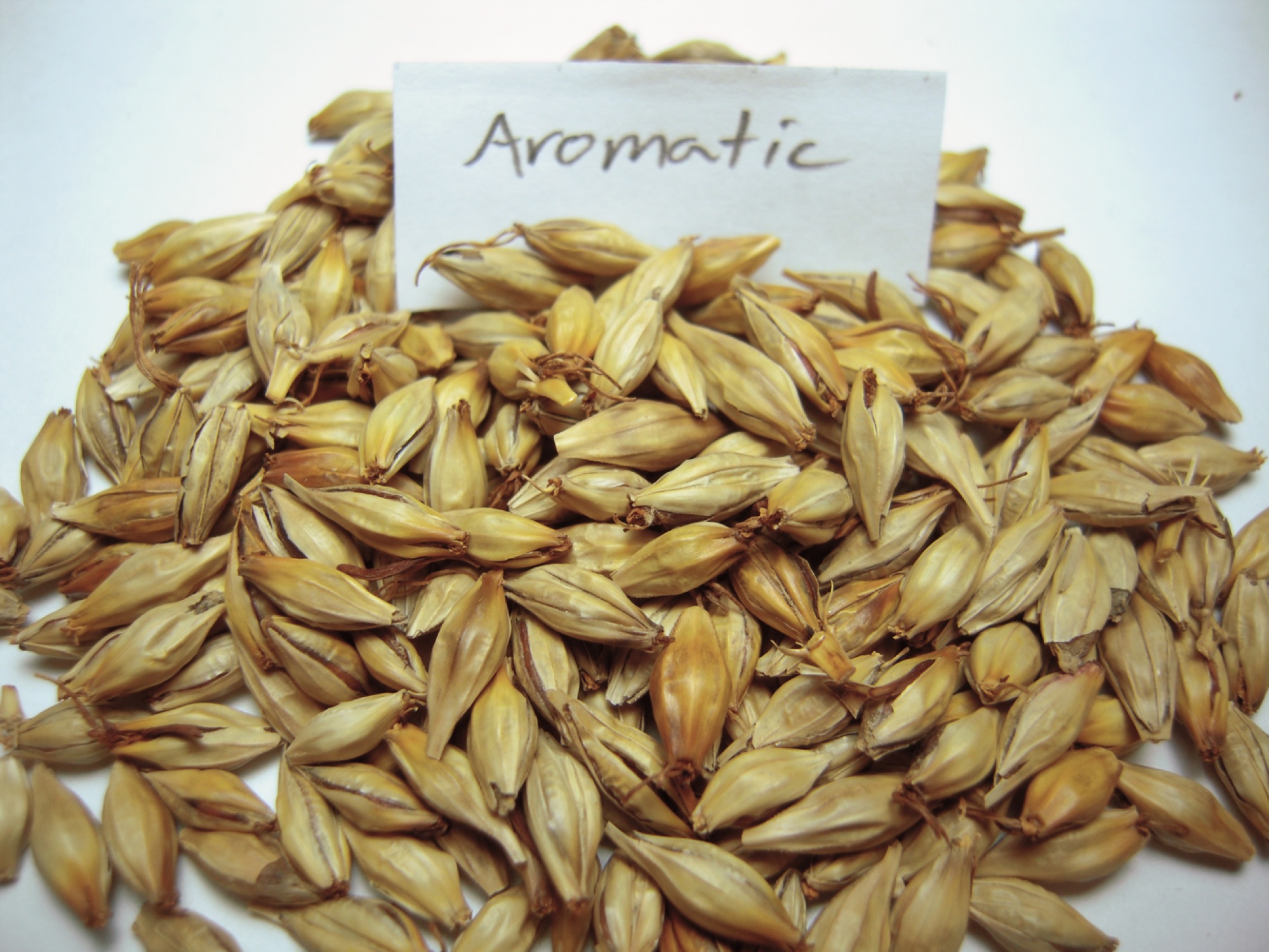Learning more about the major ingredients in beer is essential to truly appreciating the work and skill that goes into your favorite brew.
As one of the key ingredients to beer, malts are an important aspect of the brewing process that must be understood in order to produce quality alcohol. In essence, malts provide the flavor and sugar that give beer its distinct taste. Here, we will examine the invaluable place that malts hold in brewing beer.
Malts are one of the four ingredients in beer, and as mentioned, are very important in their own right. They come in two varieties: liquid or dry. Malts are derived by allowing the grain, most often barely, to germinate. This happens when the grain is wet and begins its growing life cycle, while simultaneously releasing the enzymes necessary to promote its growth. Then, this process is halted by introducing hot air to the germinating seeds. The result of ending the germination is that there are some sugars and soluble starches left over, which is exactly what you need in order to brew.
There are many different varieties of malts that can be used for the brewing process. The most common malt comes from barley because it has a great amount of enzymes and diastatic power, which results in more usable sugars. However, there are other malts such as wheat or rye, which can be used to produce other forms of beers and ale.
Another option when using malts is to use liquid extracts instead of natural grains. These make brewing faster, cheaper, and somewhat easier. These extracts are made the same way as a normal malt, but the sugars are removed from the grain via a process called sparging. The result is a thick, syrupy, mixture that does not need to be subjected to the mashing process which saves time and effort. However, many microbreweries value the step by step process that creates pure mash and delicious beer.
Another consideration of the brewing process is the desired effects which can be manipulated by using base malts or specialty malts. Base malts are useful for non-wheat beers in order to determine the grainy flavor of the beer. This is important because a balance of bitterness and sweetness can be the difference between a delicious beverage and a failed product. Specialty malts can be used to add color or special flavors to the beer, such as honey or chocolate. Using all of these different varieties of malts, both natural and extracts, the brewer can make a flavorful and unique taste.
For more information you can check out the sources below.
http://www.howtobrew.com/sitemap.html
http://www.brew-monkey.com/brewschool/maltguide.php
http://www.ukmalt.com/barley-growers




